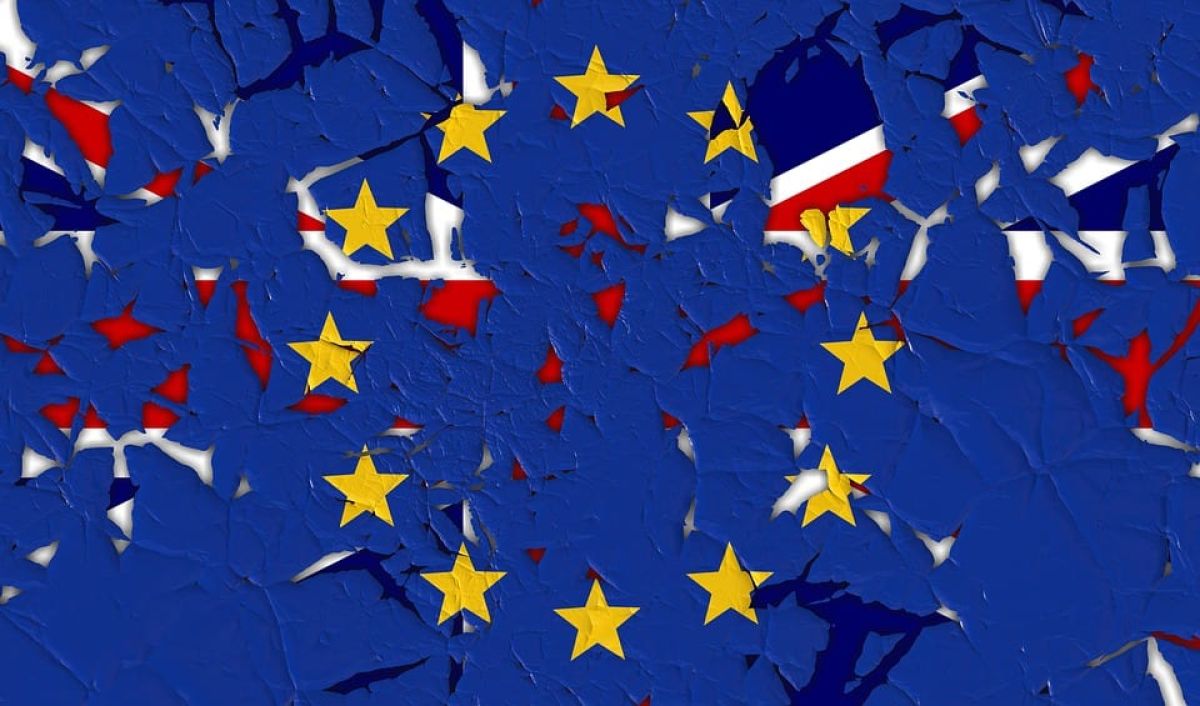‘Putting the Great back in Great Britain’?

Celebrating a Leave campaign victory on the 24th June 2016, the front page of The Sun read “Independence Day, Britain’s Resurgence”. The Daily Telegraph read “The Empire Strikes Back”. This ‘post-colonial melancholia’ as Paul Gilroy puts it, has not been fuelled by the far-right alone.
In January 2017, Boris Johnson began to recite the colonial era poetry of Rudyard Kipling in one of Myanmar’s sacred Buddhist temple. Theresa May spoke of the EU ‘queue jumpers’ in one speech, while Jeremy Corbyn’s Labour party made a promise to end free movement in the 2017 manifesto.
A popular argument amongst Baby Boomers is that if Britain managed to win a World War, then leaving the EU will be a walk in the park. Apparently the term ‘Allies’ has been lost on them. For the ‘left behind’ leave voters, who are frankly, tired of feeling they are last in the queue, Brexit equates to a return to the golden age of empire and to British interests being placed first.
It is the post-colonial attitude that ‘whiteness’ and, more importantly, ‘Englishness’ makes us more deserving of being first in the queue that made race such a dividing line in the referendum. For the likes of Farage and Johnson, it is simpler to direct blame at migrants and refugees, rather than a broken economic model. As it stands, the non-English speaking pose a threat to the intrinsic privileges that whiteness once guaranteed.
Through the image of Nigel Farage standing in front of a poster of non-white refugees and migrants with the slogan ‘Take Back Control’, the Leave campaign enabled the colonial positioning of Brexit. The rise in hate crime and a louder far-right presence in Westminster also serve as reminders that imperial nostalgia is ever-present.
Having to turn to India and Africa for new trade deals, Britain should use this time to reconcile with its colonial past. Instead, post-Brexit policy will consist of strengthening ties with Commonwealth States, with Liam Fox intending to brand the strategy as ‘Empire 2.0’.
The decision to trigger Article 50 without a set plan for the Northern Irish border reveals how the Conservatives seem stuck in the Winston Churchill attitude that “We have always found the Irish a bit odd. They refuse to be English.”
In a recent debate, a Conservative MP told an SNP MP to “Go back to the Isle of Skye“. As you may know, Scotland voted to remain in the EU, with a percentage of 62%, and as Ian Blackford remarked, the Scottish people hear this attitude loud and clear. Forgetting the commitment, it has to the Union, the Conservative party is in danger of severing the ties that are so intrinsic to our advancement. Additionally, it would seem that there is no sign of reconciling with the colonial crimes for which we are responsible.
According to EU negotiators, May “does not live on planet Mars but rather in a galaxy very far away”. Brexit has revealed that Britain is determined not only to conserve but live its imperial image. However, as the saying goes, pride always comes before a fall.







